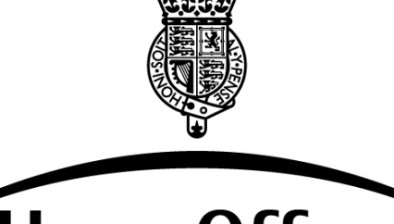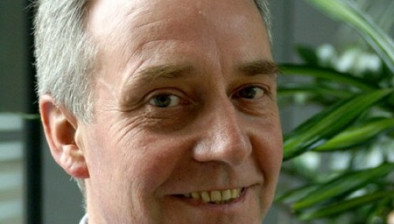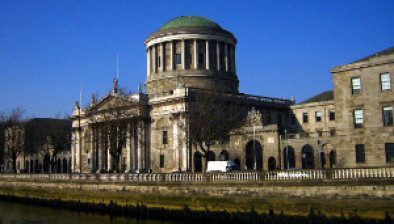Doctor suspended from register after New IRA arrest loses appeal against extension of order

Lady Dorrian
A doctor who was suspended from the UK medical register after being arrested as part of a terrorism investigation has lost an appeal to Scotland’s Inner House of the Court of Session against a decision of the General Medical Council to extend his suspension until April 2023.
Reclaimer IB, who had been remanded in custody as part of a police investigation into the New IRA, challenged the Lord Ordinary’s decision to grant the extension on the grounds that he had not considered whether the statutory test for extending the order had been met.
The appeal was heard by the Lord Justice Clerk, Lady Dorrian, sitting with Lord Turnbull and Lord Tyre, our sister publication Scottish Legal News reports. The reclaimer appeared as a party litigant and the respondent was represented by M Lindsay QC.
Public interest
Following a surveillance operation targeting terrorist activities, the reclaimer was detained at Heathrow Airport and arrested on suspicion of preparatory acts of terrorism. After appearing by video link at Belfast Magistrates’ Court he was released on bail in December 2021 and returned to his home in Edinburgh, where he was required to abide by a curfew. It was stated that any trial was unlikely to take place until at least some time in 2024.
The reclaimer’s case was referred to the Medical Practitioners Tribunal Service, and on 26 October 2020 an Interim Orders Tribunal made an interim order for suspension of the reclaimer’s registration for 18 months. This order was later maintained by the tribunal on the basis that it remained necessary in the public interest. In April 2022, the Lord Ordinary heard submissions on a motion seeking an extension of the order until 25 April 2023.
It was concluded by the Lord Ordinary that the respondent had made the correct inquiries and reached the correct conclusions in fact and law. Counsel for the reclaimer submitted that this was not the correct approach, and that in any case the charges made against him were in somewhat general terms and it was difficult to assess how serious they actually were.
The reclaimer further argued that his bail conditions would not necessarily prevent him from working, as he had been offered a job consisting of reviewing material online without seeing patients, and the curfew conditions would not prevent him from being able to attend certain hospitals or carry out certain types of work.
Serious criminal charges
Delivering the opinion of the court, Lady Dorrian said of the Lord Ordinary’s approach: “The Lord Ordinary may be right to say the IOT had material to justify the order, that the investigation complied with the legislation and that it was entitled to make the original order, but the Lord Ordinary’s task is not simply to rubber stamp the decision of the tribunal. It is to decide whether to grant an extension of the period of interim suspension by examining the matter afresh as the primary decision maker, applying the statutory test and considering the issue of proportionality. The Lord Ordinary did not address his mind to any of these issues, and his decision cannot stand.”
Considering the nature of the charges, she said: “We recognise the force in the reclaimer’s submissions that it might be possible for him to carry out certain types of work. He also submitted that should suitable work be found he would be entitled to seek to have his bail conditions revised. To that extent the submissions for the GMC as to the impact of the bail conditions were somewhat, though not entirely, weakened. We recognise therefore that the suspension will have an adverse effect on the reclaimer’s ability to work, even though we consider that the stringent bail conditions will also be likely to restrict to an extent his ability to do so.”
She continued: “We accept the submissions for the GMC that this is not a case in which the risk may be ameliorated by any conditions: the risk is not to patient safety but to the integrity and reputation of the medical profession. We bear in mind that serious criminal charges are a strong indicator that conditions may not be adequate to maintain public confidence in the profession or the medical regulator.”
Lady Dorrian concluded: “The court must ask itself whether a reasonable and properly informed member of the public would be surprised and offended to learn that the reclaimer had been permitted to practise whilst under investigation and the subject of criminal proceedings in respect of serious charges of this kind. Having regard to the nature of the offences and the definitions we have noted, it will be apparent that the charges are of the most serious kind, and in our view the only answer to that question is an affirmative one. An extension to the order for interim suspension, notwithstanding the effect on the reclaimer, is proportionate to the nature of the offences and the risk to public confidence in the profession.”
Having set aside the decision of the Lord Ordinary, the Inner House therefore granted the order sought by the respondent.












